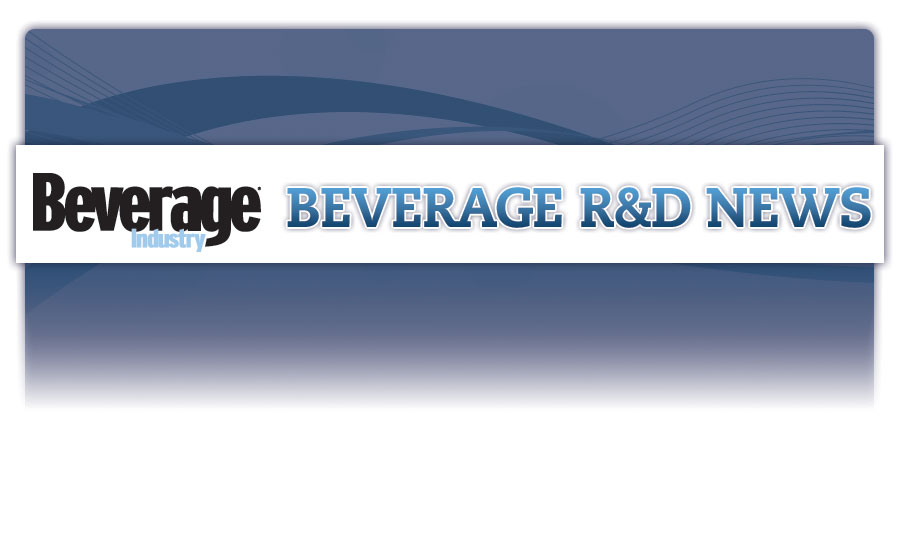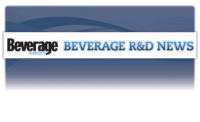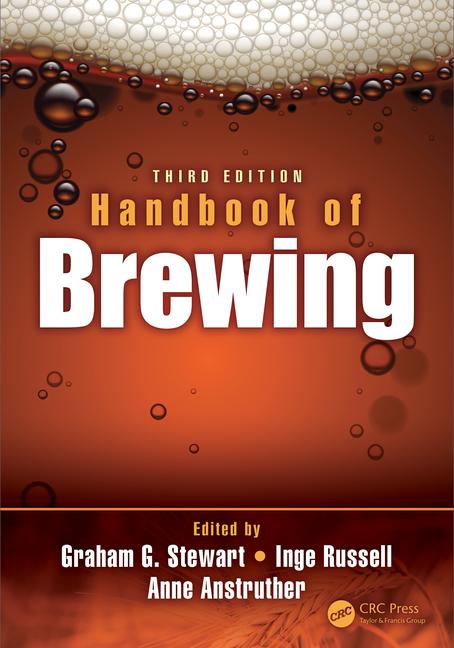The number of people using omega-3 supplements has increased in certain European countries, according to a new study by DSM Nutritional Products, Parsippany, N.J. The 2015 Global Consumer Usage & Attitude Study surveyed 11,000 shoppers across 10 global markets and provides detailed insights to enable brand owners to tailor product messaging and reach specific target groups. The results show that evidence of omega-3 use has increased by 4 percent in the U.K. and Germany and 8 percent in Russia, since a similar large-scale survey was conducted by DSM in 2012. The study highlights that motivations for purchasing omega-3 vary considerably depending on factors such as age, gender, geography and attitudes to health and wellbeing, and demonstrates that a targeted approach must be taken in order to appeal to consumers in specific markets.
The International Probiotics Association Europe (IPA Europe), Brussels, Belgium, conducted its first formal meeting as an official association in Brussels. Present at the founders meeting were representatives from Danone, Dupont, Yakult, Chr Hansen, Probi, Lallemand and the IPA. Since the announcement of IPA, GAP and YLFA joining forces to create a single voice in the probiotics industry earlier this year, member company representatives have been working to finalize the bylaws in order to complete the registration process for the association’s branch in Brussels.
Research has clarified the relationship between choline deficiency and nonalcoholic fatty liver disease (NAFLD), and provides details about how choline affects liver health, according to The Choline Research Council, Escondido, Calif. Those with diets low in choline are at greater risk for developing fatty liver and liver damage, it reports. Choline influences the metabolism of fats in the body and helps manage the circulating level of cholesterol and bile. Dietary requirements for choline are affected by estrogen status, genetics, and the protective role choline can play in supporting liver health by working with gut bacteria (microbiome). Choline requirements also are significantly affected by an individual’s type of gut bacteria (microbiome). The U.S. Food and Drug Administration recently added choline as a permitted nutrient to be listed voluntarily on the Nutrition Facts panel on food labels.
April Hollub Thiel recently joined Kyowa Hakko USA, New York, as sales manager of the southeast region. Thiel will focus on the nutrition market in the southeast region of the United States. She has more than 10 years of experience in product development and quality in the nutrition industry. Additionally, Elyse Lovett has joined the company’s marketing team as marketing manager. Lovett will manage the marketing activities in North and South America. She has significant nutrition industry experience and knowledge, having held various positions in marketing, sales and research.



